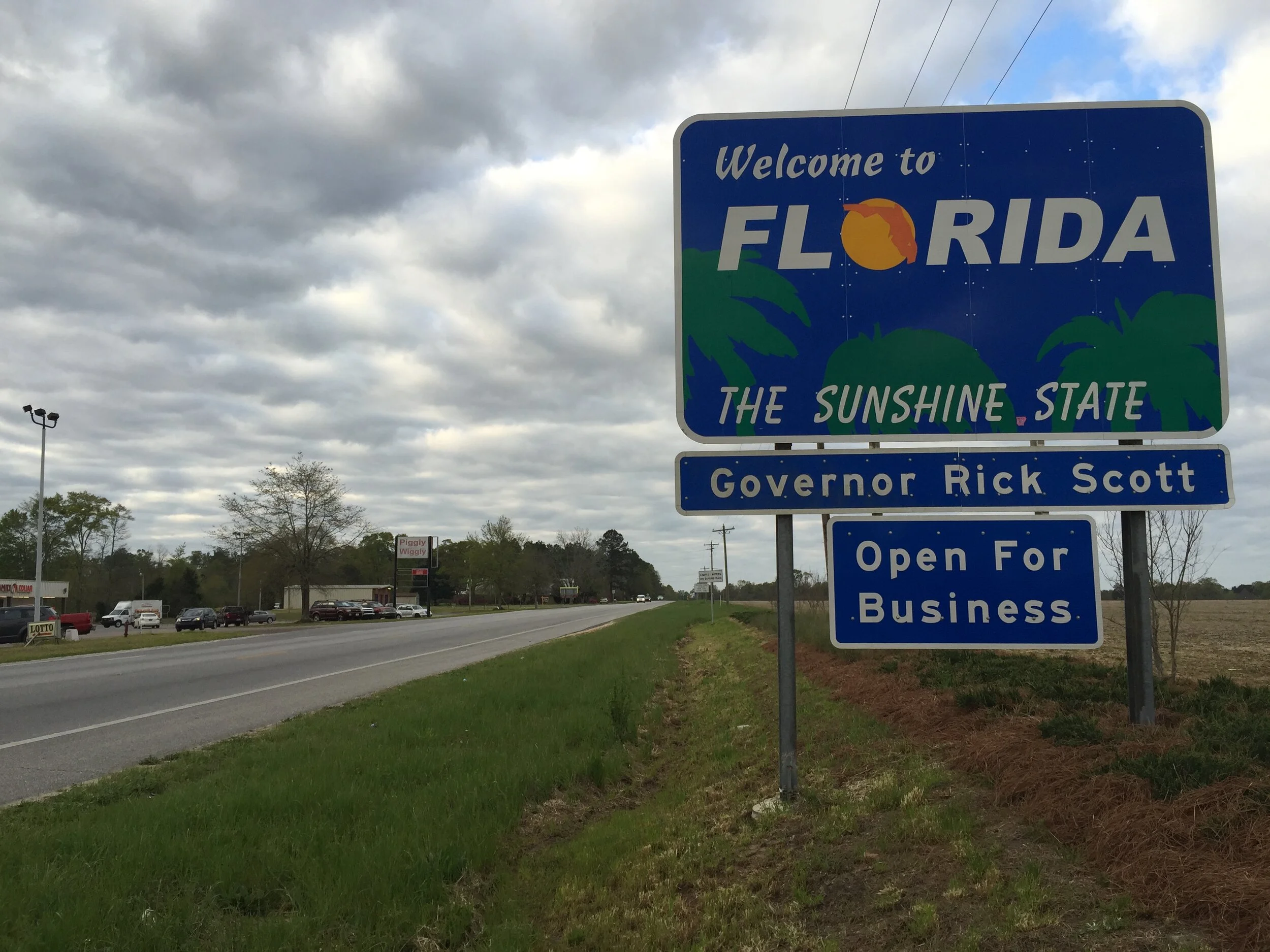Core considerations in the 2020 presidential campaign By Luke Perry
Traditional media coverage of elections is candidate centered, chronologically focused on each statement and event throughout a campaign. Candidates matter, but are only one of many multifaceted considerations Political Scientists examine in understanding presidential elections.
Reelection campaigns are referendums on an incumbent’s performance.
The 2020 election will be a referendum on Donald Trump’s first term, akin to 1996, 2004, and 2012, when voters reelected America’s last three presidents. The fundamental question of this election is whether voters want change or more of the same.
Presidents need extraordinary challenges to establish greatness.
George Washington (U.S. Revolution), Abraham Lincoln (Civil War), and Franklin Roosevelt (Great Depression) are classic examples of presidential leadership overcoming tremendous national adversity.
We currently face comparable challenges, the worst pandemic in U.S. history, a swift economic recession, and widespread unrest over racial injustice, any one of which would be significant on its own.
Photo from National Park Service
Reelection is a bar all presidents must clear to establish historical relevance and influence.
President Trump is on the precipice of solidifying himself as a historically significant two-term president with lasting implications on U.S. government, or becoming a historical anomaly reflecting inability to govern effectively, akin to Jimmy Carter, and a political reputation in disrepair, akin to Andrew Johnson.
President Trump’s 2016 victory was historically close.
270 Electoral College votes are necessary to secure victory. The greater a candidate exceeds this number, the larger the margin of victory. Trump’s 306 electoral votes were 36 votes above the minimum. His 56 percent of the Electoral College vote total ranked 46th best out of 58 presidential campaigns. Trump would have lost if one state (Texas) or two (ex. Florida and North Carolina) went Democratic.
Photo from White House
Where people vote is as important as who they vote for.
Nearly all states cast their Electoral College votes as a block. This means a candidate can win all a state’s electoral votes by winning slightly more popular votes than her/his opponent. This helps explain how Trump won the electoral vote in 2016 while losing the popular vote with the third worst margin (-2 percent) ever.
Swing states typically determine the outcome of presidential elections.
Trump won four states by 1 percent or less (Michigan, Wisconsin, Pennsylvania, Florida) securing all of their 75 electoral votes. These states are now key swing states; states that do not consistently vote Republican or Democrat in presidential elections.
Milwaukee, Wisconsin (Wikimedia)
President Trump seeks to replicate his remarkable victories in the Midwest.
Three of Trump’s narrow victories in 2016 (Michigan, Wisconsin, Pennsylvania) voted Democratic in the previous six presidential elections, as part of the “Blue Wall” of Democratic support in the Midwest. Trump’s path to 270 is contingent on holding these states. Democrats identified them as the top geographic priority the day after Hillary Clinton lost.
The Trump campaign played more defense than offense this summer.
How presidential campaigns spend money is more instructive than what they say about the state of a race. Trump has significantly reduced expenditures in states Hillary Clinton narrowly won, such as Minnesota, Nevada, and New Mexico, and increased spending to defend states that he won comfortably, but polling suggests are now competitive. Arizona is a prominent example.
Most Joe Biden supporters are voting against President Trump, not for Biden.
Biden’s low-profile strategy is tentatively working, evident in current polling advantages nationally and in most swing states. One-third of Biden supporters are voting for him because of who he is. 60 percent are voting against Trump. This week’s Democratic National Convention witnessed the beginning of a concentrated effort to flip this.
Luke Perry (@PolSciLukePerry) is Professor of Political Science at Utica College
Updated August 19, 1pm.








